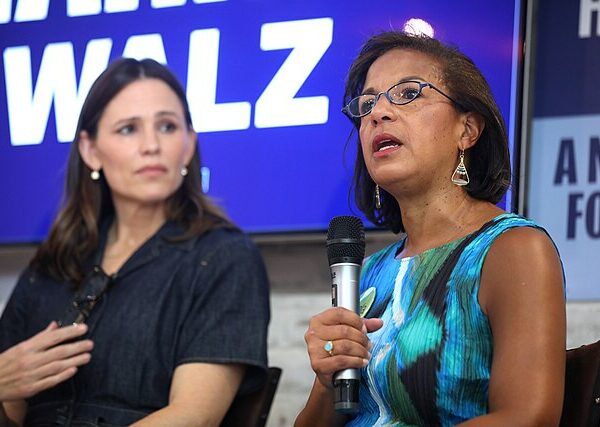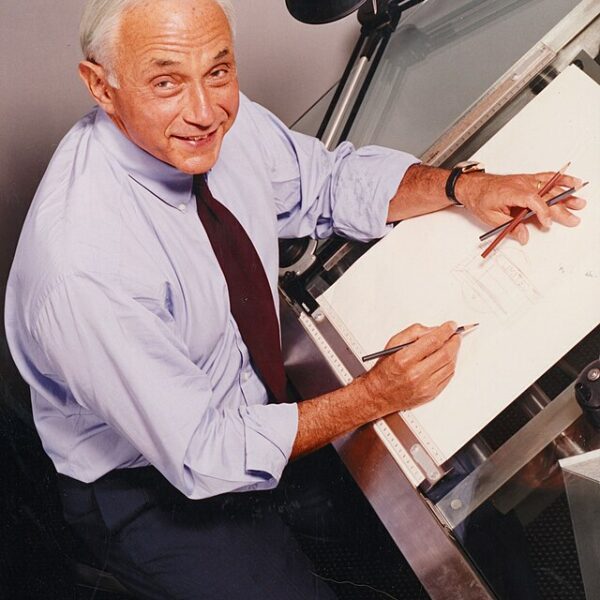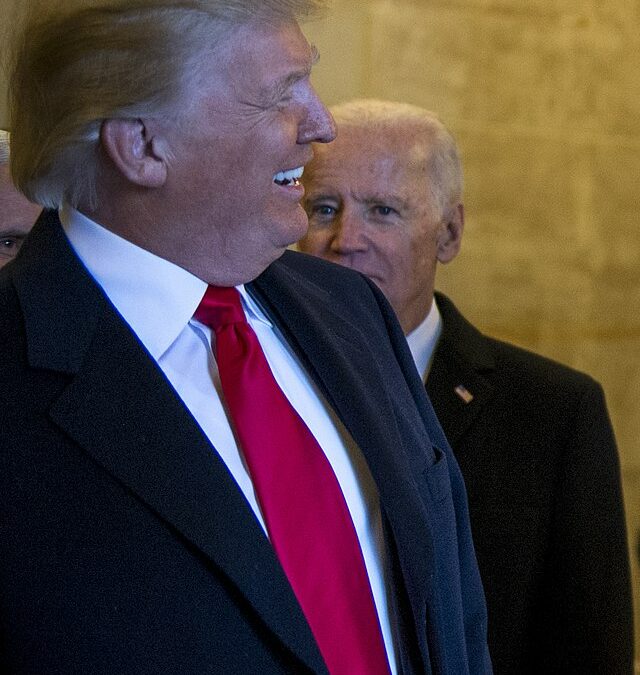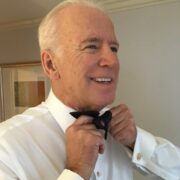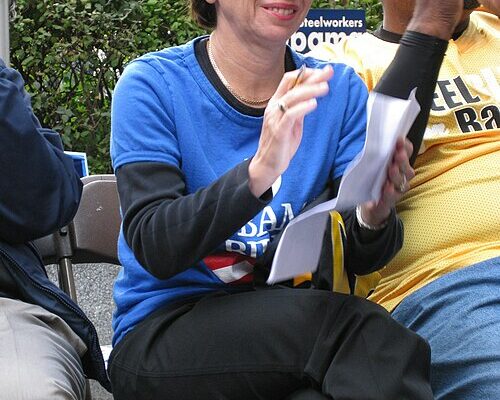
In a dramatic escalation of the Democratic Party’s internal power struggle, longtime labor leaders Randi Weingarten and Lee Saunders resigned from the Democratic National Committee, blasting the party’s new direction under Chairman Ken Martin and deepening the rift between establishment figures and insurgent voices.
Weingarten, president of the 1.8-million-member American Federation of Teachers and a DNC member since 2002, submitted her resignation in a pointed letter dated June 5 and made public over the weekend. Her departure follows her removal from the party’s influential Rules and Bylaws Committee—an ouster widely seen as political retribution for backing Martin’s rival, Ben Wikler, in the recent contest for DNC chair.
“While I am proud to be a Democrat, I appear to be out of step with the leadership you are forging, and I do not want to be the one who keeps questioning why we are not enlarging our tent and actively trying to engage more and more of our communities,” Ms. Weingarten wrote in her resignation letter to Mr. Martin.
The news seemed to shock some, not at Weingarten’s resignation but that the head of the allegedly apolitical teachers union had a major role in the Democratic Party in the first place.
Can't count how many times people have said that the head of the teacher's union wasn't a partisan and then it turns out this particular head of a teacher's union was literally a member of the DNC for decaudes. https://t.co/P3r6iFJPBK
— RBe (@RBPundit) June 16, 2025
In a statement, Saunders, the president of the American Federation of State, County and Municipal Employees, said his decision to leave the DNC came after deep consideration. “These are new times. They demand new strategies, new thinking, and a renewed way of fighting for the values we hold dear. We must evolve to meet the urgency of this moment,” Saunders said. “This is not a time to close ranks or turn inward.”
A DNC spokesperson pointed to a press release on Martin’s plan to “democratize” appointments to the party’s standing committees, which includes the rules and bylaws panel. Whereas past chairs have controlled nominations to the panels, Martin’s nominations will only fill some spots. The DNC’s caucuses and Youth Council will nominate the remaining committee members, CNN explained.
“I firmly believe that building these slates collaboratively will result in a stronger DNC,” Martin said at a May executive committee meeting. The DNC will finalize its committee appointments at its August meeting.
The turmoil has been mounting. Martin, only months into his tenure, is already contending with fierce criticism from within his own ranks. Vice Chair David Hogg—a rising activist voice and divisive figure—announced plans to bankroll primary challenges against sitting Democrats, a move unprecedented for someone in his position. Weingarten publicly supported Hogg’s plan, calling it a necessary disruption to complacent politics. But the gambit backfired. Amid procedural objections, the DNC voted to redo the vice chair election, and Hogg declared last week that he would not seek reappointment.
Now, with both Hogg and two major union leaders exiting the stage, Martin’s leadership is at a crossroads—praised by allies for imposing discipline, condemned by critics for stifling debate.
Even allies expressed discomfort. Minnesota Governor Tim Walz, who endorsed both Martin and Hogg, acknowledged the party’s growing pains during remarks Friday at the Center for American Progress. “I certainly wished we wouldn’t have dirty laundry in public,” Walz said, adding, “but you know the personalities—things happen.” Still, he reaffirmed support for Martin’s goal of expanding the party’s reach, according to The New York Times.
That reach, however, now appears more elusive. A CBS News/YouGov survey, conducted between June 4-6 among 2,428 adults finds that 71 percent of voters believe the Democrats are ineffective, an even higher 78 percent of Americans overall agree.
[Read More: Federal Agents Attacked By Leftwing Protesters]


